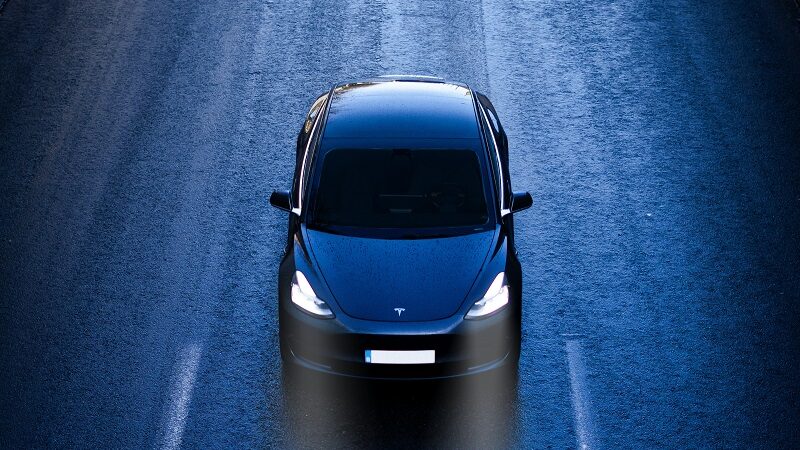800 kilometers of range in ten minutes of charging. That is the hope behind a new electric car battery. The inventor of this miracle battery is none other than Rachid Yazami, who has already helped the lithium-ion battery achieve a breakthrough.
From smartphones and laptops to e-bikes and electric cars, lithium-ion batteries have become an indispensable part of everyday life. Rachid Yazami is also partly responsible for this.
In the 1980s, the engineer developed the graphite anode, an important component of the battery cell that makes lithium-ion batteries so powerful. Yazami’s invention made the batteries suitable for mass use, reliable, durable and inexpensive.
Electric car battery breaks charging records
That brought him fame and glory, but not fortune, Yazami told The Register magazine. But now his latest efforts could bring him that. Yazami claims to have developed an electric car battery that is breaking charging records.
We have developed technology that is the fastest charging technology in the world for batteries. We recently completed a high energy density battery charge in ten minutes. If you compare that to Tesla’s 70 minutes, we’re seven times faster.
This is made possible by a new approach to charging called “non-linear voltametry,” Yazami says. This method controls voltage, not current, he says. Yazami compares this to steps on a ladder.
The voltage must remain constant on one step of the ladder until all parameters are met. Only then can you climb the next step until you reach the top. According to Yazami, this protects the electric car battery during charging and also changes how the battery reacts.
Battery must be happy
The charging speed thus depends on the load capacity at which the battery can be charged, he said. “You have to make the battery happy,” Yazami says. This, he says, is what his technology does because it does not expose the battery to high temperature or other stress factors.
As a result, the charging technology would solve two problems at once: Drivers could charge their vehicles very quickly. At the same time, it would conserve the batteries. This is something that is not normally the case with fast charging.
This could increase the service life of lithium-ion batteries from five to ten years.
Electric car battery must become safer
Charging time is often a factor that keeps drivers from buying an electric car. But Yazami sees two other problems with batteries that he wants to address. One is energy density. If this could be improved further, electric vehicles would have longer ranges.
The other problem, for Yazami, is battery safety. In fact, this is precisely one reason why energy density cannot be increased so easily. Because that would cause problems in terms of service life and safety.
Yazami is therefore considering a safety system – a sensor, for example – that could warn drivers before the battery gets too hot and an explosion might occur. This is not complete protection, Yazami admits, but it could minimize the risk of a fire.
However, it is still unclear if and when all of these considerations by Rachid Yazami will be implemented in concrete terms. As is so often the case with new promises about super batteries, the same applies here: The approaches are interesting, but so far none of them are ready for the market.










